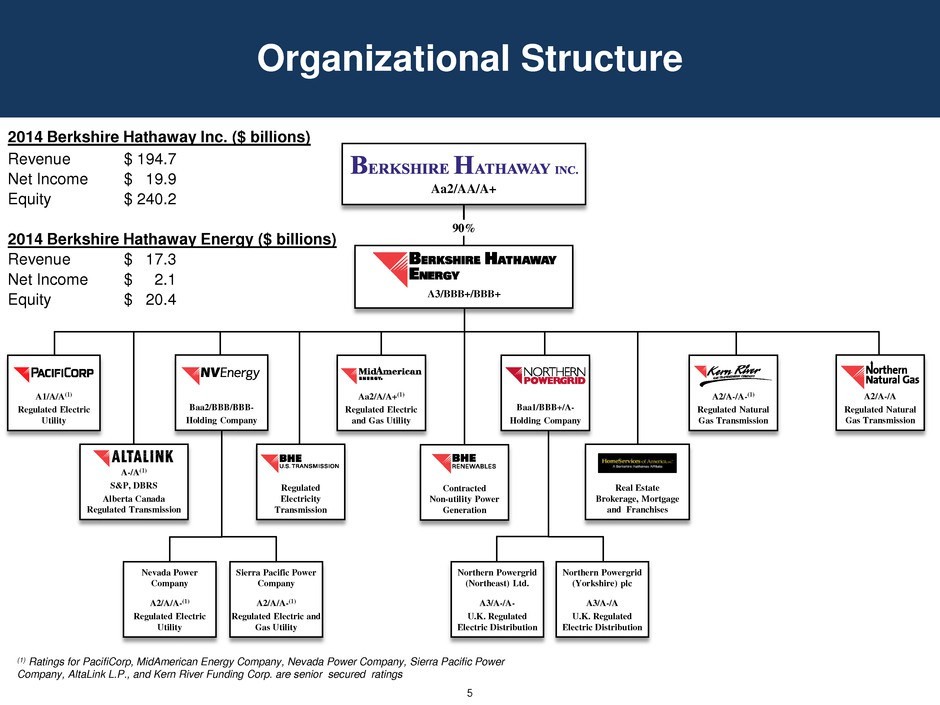
Financial advisers are professionals who provide financial advice and services to clients. This role requires specific training and registration with a regulatory body. Those seeking to become advisers should consider several factors. Find out more about fees, conflicts and working as a financial consultant. This article will assist you in making the best financial decision. And remember, the more you know, the better you'll be able to make financial decisions. In this article, we will look at some of the most important factors to consider.
Environment for work
Financial advisers' work environment depends on where they work. While most financial advisers work for banks or investment companies, some are also self-employed. While they might work for large corporations, some may also own their own practice. The role of financial planners has been changed by technology, as has their work environment. Financial planners enjoy flexible work hours and a low workload.
Traditional financial advising methods still exist. Meeting clients face-to-face and monitoring their assets are essential. You can also choose to work as a financial advisor for a private bank, or an offshore group. While there are no formal education requirements, it is advisable to have relevant work experience in sales, customer service, or advisory. Experience in retail banking is often more valuable than academic qualifications. But, if your job is in regulated areas, it may be worth getting a postgraduate diploma in a related discipline.

Fees
Fees for financial counselors vary depending on their experience and what you receive. A complete financial plan could cost from $2,000 up to $10,000 annually. A comprehensive financial plan can cost as much as $30,000. These fees are not dependent on the amount of your investments, or whether you purchase any product from your financial planner. If you are unsure whether financial advice is required, you can ask your prospective financial planner about their fee structure.
Financial advisors need to be able to tell you how their fees will benefit your situation. Ask how much you'd benefit if the fees are higher. If you choose a fiduciary, for example, he or her should be obliged to act in the best interests of your case at all costs. A financial advisor can provide many benefits, such as tax planning or estate planning. They can also help you to evaluate the impact on charitable gifts. Their assistance goes well beyond the realm of money management.
Conflicts of Interest
Financial advisers can be subject to conflicts of interest due to their outside activities. These activities could include relationships to centers of influence and business partners. In item 10 of the securities exchange commission reporting form Form ADV, firms must disclose any financial industry affiliations. Financial advisers must disclose any insurance products that they have received commissions for. It is essential to disclose these relationships. A conflict of interest can result if there is not enough disclosure.
There are many reasons for conflict of interest in financial services. These include compensation programs and personal financial dealings. Financial advisers who are paid for recommending investment products may place their own interests above the client's best interests. While the compensation for these actions is generally incidental, it may be hard to discern the motivations behind recommendations. Investors should seek out ways to avoid conflicts of interest when they are found.

Talking to a financial adviser
Financial adviser fees may be the biggest expense you will encounter in your investment career. Not only are they an expensive expense, but they can also have a huge impact on your overall wealth. These are tips to help you negotiate the fees charged by a financial professional. - Make sure to fully understand the fees. Ask your adviser to show you the contract. Be sure to fully understand what services you are receiving, the early termination fees and what happens if you pass your adviser on.
- Don't make knee-jerk investment decisions. It is tempting to rush to make uninformed investment decisions. But these could result in a huge loss of capital. A good strategy means sticking to it, and an adviser provides this insight. A financial adviser is 150% less likely to help you develop a long term investment strategy. It is estimated that 4/5 Canadians don't have confidence in their financial situation.
FAQ
What jobs are available as consultants?
A job as a consultant requires you to have an excellent understanding of business strategy and operations. Understanding how businesses work and their place in society is also essential.
Consultant work requires excellent communication skills and the ability to think critically.
Consultants need to be flexible as they might be assigned different tasks at different times. They must be flexible and able to change directions quickly if needed.
They must be prepared to travel extensively for the clients they represent. They may be required to travel all over the globe for this type of work.
They must also be able handle stress and pressure well. Consultants might sometimes have to meet tight deadlines.
Consultants are often expected to work long hours. This could mean that overtime may not always be paid.
What is the cost of hiring a consultant?
The cost to hire a consultant depends on many factors. These are:
-
Project size
-
Time frame
-
Scope and nature of work
-
Fees
-
Deliverables
-
Other considerations include experience level, geographic location, and so forth.
What can I expect from my consultant?
Within a few days of selecting your consultant, you can expect to hear back. They will request information about your company including its mission and goals, products, services, budget, and other pertinent details. Then, they'll send over a proposal outlining the scope of work, estimated time frame, fees, deliverables, milestones, etc.
If all goes according to plan, the two sides will sign a written deal. The type of relationship between them (e.g. employer-employee or employer-independent contractor) will determine the terms of the contract.
If everything goes as planned, the consultant may begin to work immediately. He/she will have immediate access to your internal documents, resources, and you'll be able to access his/her skillset and knowledge.
Don't assume that someone who is a consultant knows everything. It takes effort and practice to become an expert in whatever field you consult. Your consultant should not assume that they know everything about you business.
Can you run a business consulting from your home?
Absolutely! This is something that many consultants do already.
Working remotely is a common way for freelancers to work. They use tools like Skype, Trello (Slack), Trello, Basecamp and Dropbox. So they don't miss company perks, freelancers often make their own office space.
Freelancers might prefer to work in libraries or cafés, rather than traditional offices.
Some choose to work remotely because they are surrounded by their family.
Working from home comes with its own pros and cons. If you love your job, working from home is definitely something worth looking at.
How did modern consultancy come about?
The first consultants were accountants who helped companies manage their finances. They became known as "accounting consultants." This was because they had become very skilled at managing financial information. They soon expanded their roles into other areas like human resources management.
The French word meaning "to advise" in French is what gave rise to the term "consultant". This term was originally used by businessmen to denote someone who could give guidance on how to run an enterprise. Even today, many business owners still use "consultant" when referring to professional advisors.
Statistics
- So, if you help your clients increase their sales by 33%, then use a word like “revolution” instead of “increase.” (consultingsuccess.com)
- According to IBISWorld, revenues in the consulting industry will exceed $261 billion in 2020. (nerdwallet.com)
- "From there, I told them my rates were going up 25%, this is the new hourly rate, and every single one of them said 'done, fine.' (nerdwallet.com)
- WHY choose me: Why your ideal client should choose you (ex: 10 years of experience and 6-week program has helped over 20 clients boost their sales by an average of 33% in 6 months). (consultingsuccess.com)
- My 10 years of experience and 6-step program have helped over 20 clients boost their sales by an average of 33% in 6 months. (consultingsuccess.com)
External Links
How To
How To Find The Best Consultant?
The first thing to do when looking for a new consultant is to ask yourself what you want from him/her. Before you begin looking for a consultant, it is important to know what your expectations are. Before you start looking for a consultant, make a list. This could include: professional expertise and technical skills, project management capabilities, communication skills, availability, etc. Once you've listed out these requirements, then you may want to consider asking some friends or colleagues who they would recommend. Ask your friends and colleagues if they have had bad experiences with consultants in the past. Compare their recommendations with yours. Do some internet research if they don't have recommendations. There are many websites, such as LinkedIn, Facebook, Angie's List, Indeed, etc., where people post reviews of their previous work experiences. Consider the ratings and comments of other candidates and use these data to start your search for potential candidates. Once you have narrowed down your list, reach out to potential candidates and set up an interview. At the interview, it is important to discuss your requirements and get their feedback on how they can help. It doesn't matter whether they were recommended to you or not; just ensure that they understand your business objectives and can demonstrate how they can help you reach those goals.